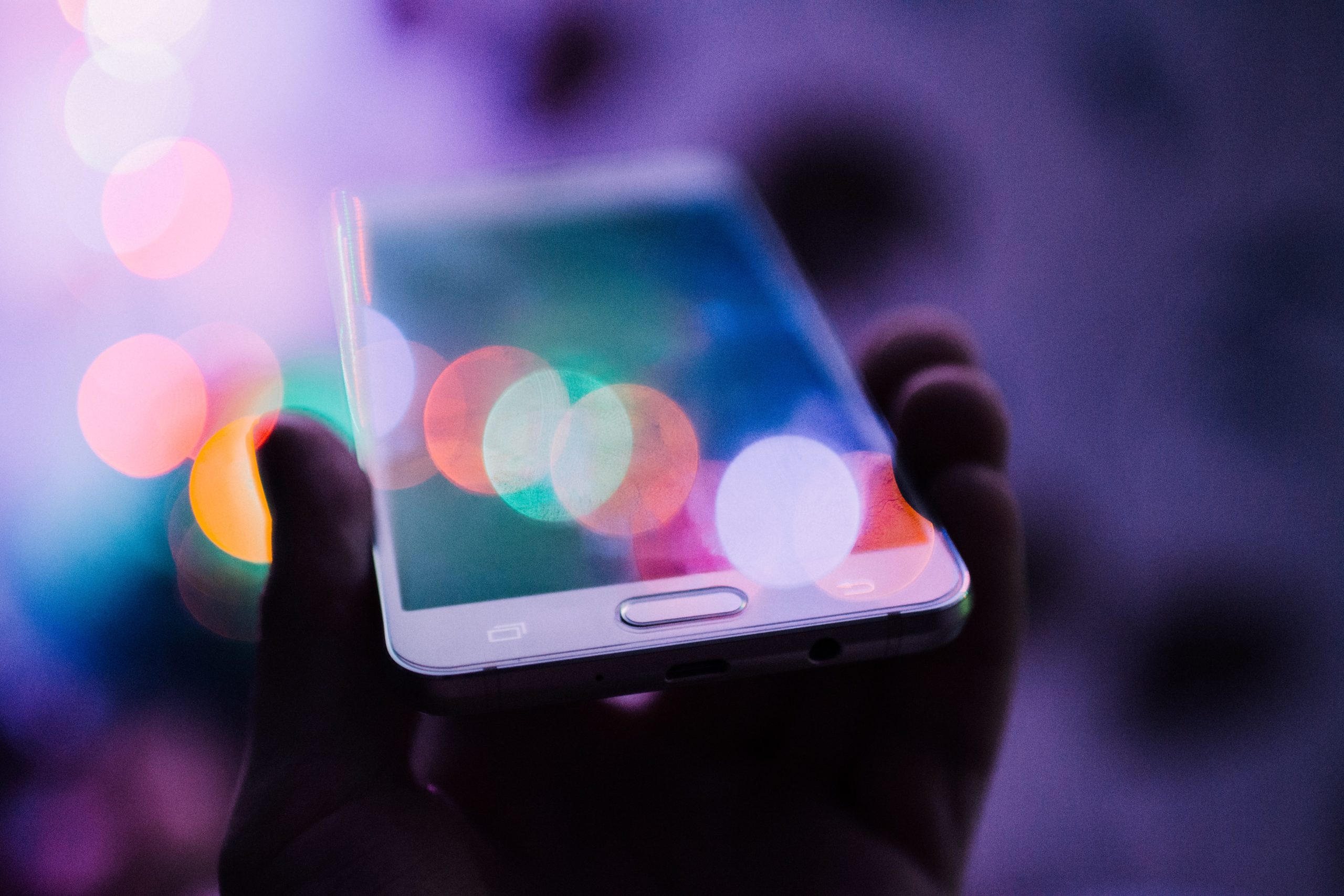Quick question: Where’s your phone right now?
For most people, the answer is “Within arm’s reach.”
We’ve become inseparable from our phones. We walk with them, have dinner with them, and even take them into the bathroom to share the most private of moments. They’re the first thing we grab in the morning and the last thing we check before we go to bed.
We scroll through social media while waiting in line. We watch videos while making breakfast. We listen to a podcast while folding laundry. We check our email before we get out of bed and continue to check it more times than we realize (for the average American, the daily number is 73). We fall prey to clickbait headlines (“10 Adorable Child Stars That Didn’t Age Very Well”).
It’s an endless game of whack-a-mole that leaves our mind in constant hyperventilation.
We’ve been tricked into believing that, if we stop playing this game, we’ll miss out on some crucial piece of information. But in responding to the fear of missing out, we become reckless with our most scarce resource.
Which brings me to the title of this post.
Your most scarce resource isn’t time or money.
It’s your attention.
Economic forces have recognized the value of this scarce resource and turned it into a commodity. Social media is in the attention-selling business. You hand your attention to them for free, and they sell your attention for a fee.
On a moment by moment basis, the quality of your life is defined by what you pay attention to. If you pay attention to junk, your life becomes junk.
What’s more, the smoke lingers even after the fire is out. Even after we put down our phones, we find ourselves worrying about news we can’t control, envying photos from friends’ beach vacations, or considering what Kim Kardashian might be doing this very moment.
“A wealth of information,” as Herbert Simon says, “creates a poverty of attention.” If your attention is fragmented and impulsively pulled in a million different directions, you won’t be able to remember much. When you’re suffering from attention overload, your ability to process information and transfer it to long-term memory significantly decreases. “It’s as if our brain has become a full cup of water and anything more poured into it starts to spill out,” Tony Schwartz writes in the New York Times.
You can’t make associations, connect dots, and form new insights.
You can’t think.
The remedy doesn’t require any drastic actions. You don’t need to give up your smartphone, go on a digital detox, or become a monk.
All it takes is more intention and less impulse.
Insert a mental speed bump between you and your most impulsive behaviors. The goal is to force yourself to pause and think. The next time you impulsively reach for your smartphone, ask yourself: What is it for? (Often there’s no good reason for it). Is this really where I want to direct my attention? What else can I do with my attention that will serve me better?
As Annie Dillard put it, “how we spend our days is, of course, how we spend our lives.”
To reclaim your attention is to reclaim your life.
Bold



